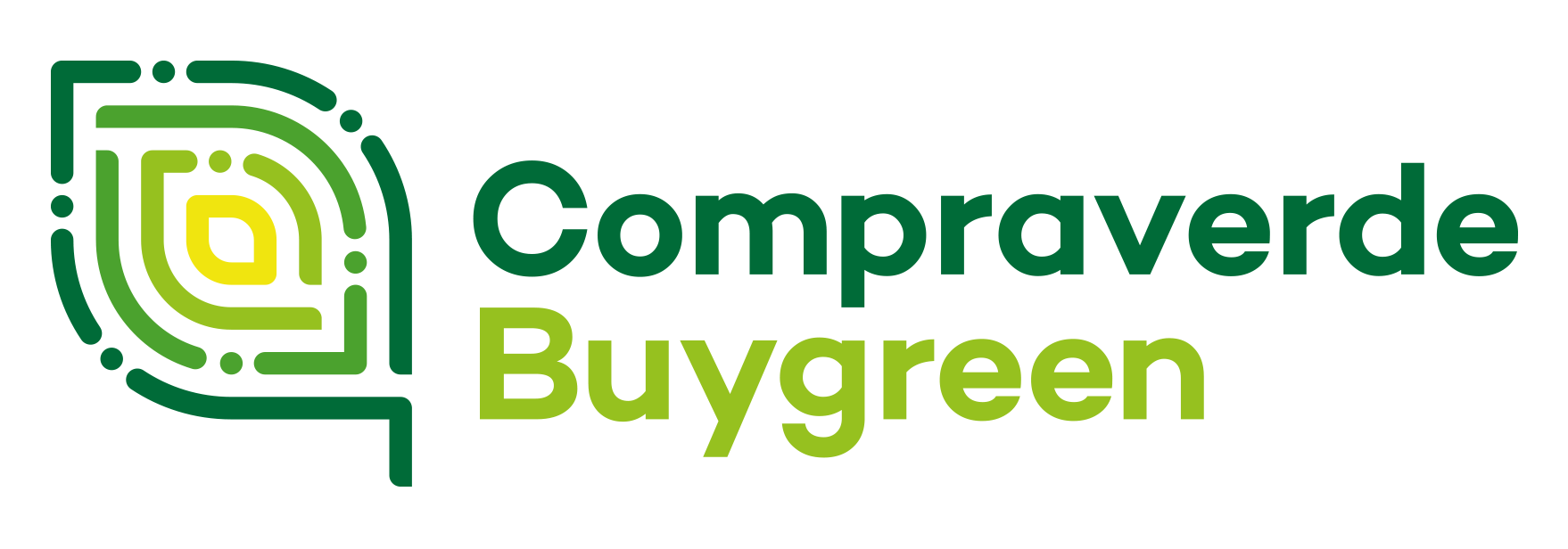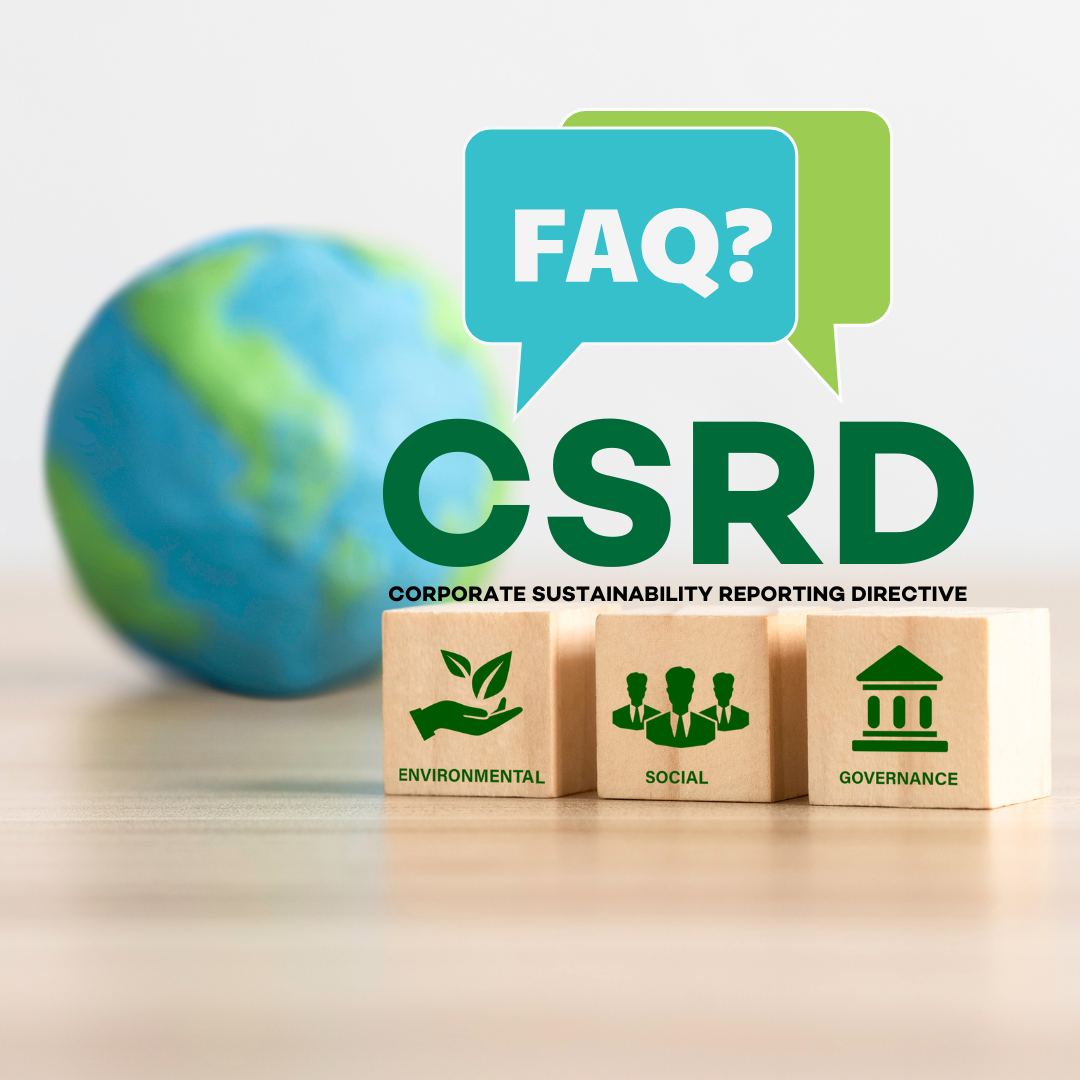The European Commission has issued a communication containing 90 frequently asked questions (FAQ) to clarify companies’ sustainability reporting obligations. The aim is to guide companies, regardless of their size, towards greater transparency on sustainable finance.
Notice No. 6792, published in the Official Journal, addresses the interpretation of key regulations, including Directive 2013/34/EU (Accounting Directive), Directive 2006/43/EC (Audit Directive), Regulation (EU) No. 537/2014 (Audit Regulation), Directive 2004/109/EC (Transparency Directive), Delegated Regulation (EU) 2023/2772 (First Delegated Act on ESRS) and Regulation 2019/2088 (Financial Services Sector Sustainability Disclosure Regulation, SFDR).
The FAQs focus mainly on the Corporate Sustainability Reporting Directive (CSRD), which introduces new reporting obligations. These concern large companies, SMEs with securities traded on regulated markets in the EU, parent companies of large groups and companies from third countries with relevant activities in the EU. The CSRD requires the publication of sustainability information according to specific principles, in digital format and with an attestation of compliance. It does not, however, apply to the voluntary disclosure of information by companies not subject to the obligations.
Through these FAQs, the Commission aims to facilitate compliance, ensure usable and comparable information and provide clarification without introducing new obligations.
‘The FAQs do not extend rights or obligations and serve only to assist companies,’ specifies the Commission, which nevertheless invites companies to consult legal experts for a full interpretation.
The FAQs also include clarifications on the European Sustainability Reporting Standards (ESRS) and refer to the guidelines of EFRAG, the advisory body supporting the Commission. This tool serves as a guide to managing the costs and complexities of regulatory compliance. All in all, the document is an essential aid for companies dealing with new sustainability transparency obligations.
For further details, see the full document published by the European Commission.




